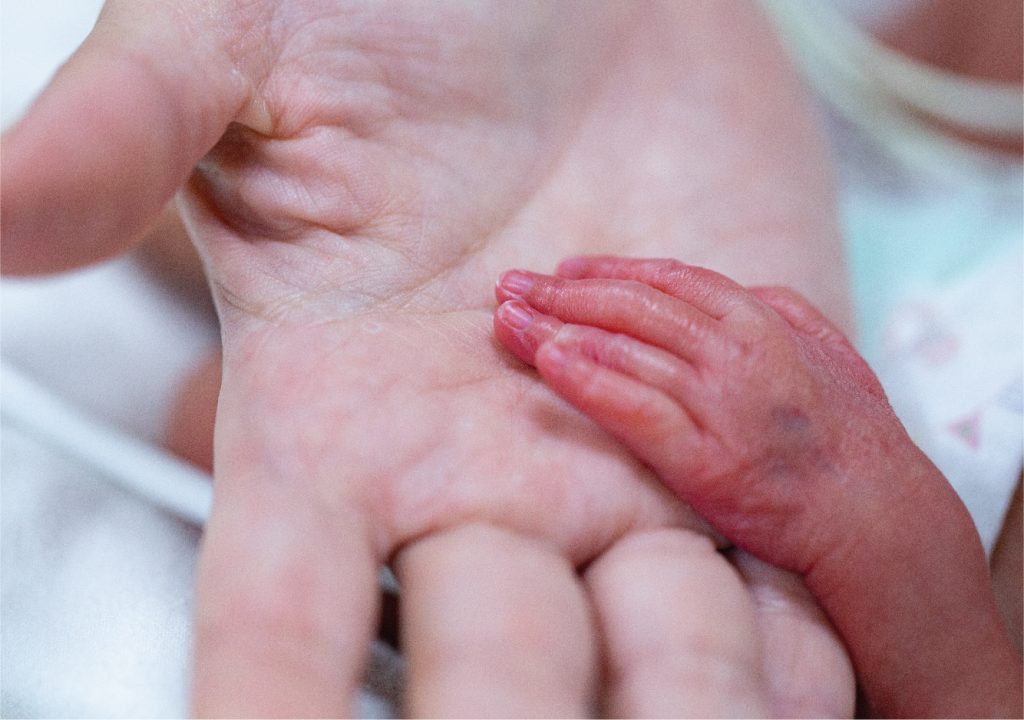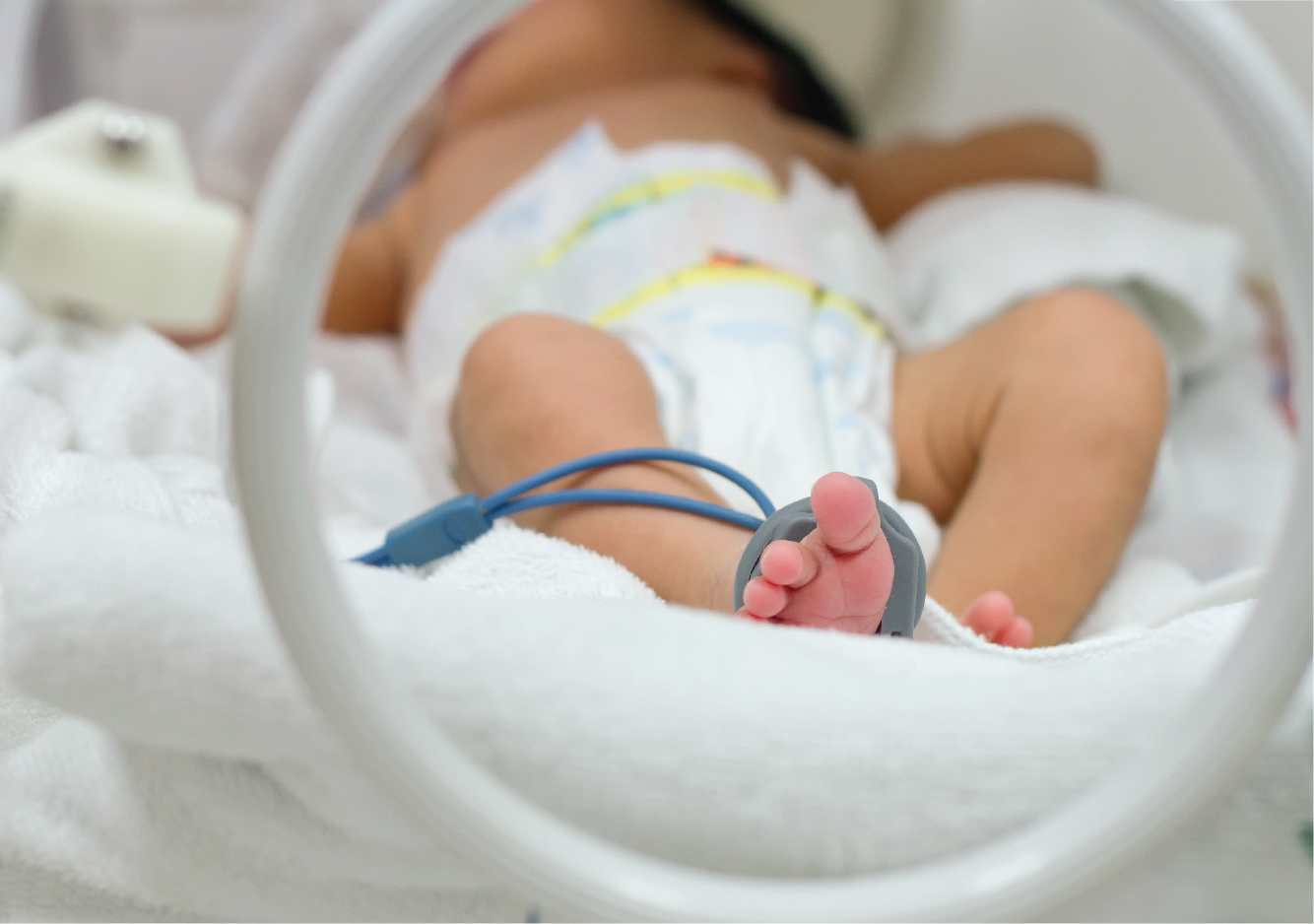Premature Babies
According to the WHO definition, a premature baby is a baby born alive before the 37th week of gestation (calculated from the first day of the last menstruation).
Premature Birth
As we all know, mothers generally carry a child for 9 months and 10 days or approximately 40 weeks. In the medical world, the average mother will be pregnant for 37 to 42 weeks until she finally gives birth.
If the birth occurs at less than 37 weeks, then the birth is a preterm birth, which we know as premature birth. This condition occurs when uterine contractions cause the cervix to open, thereby allowing the fetus to enter the birth canal.
Causes of Premature Birth
Premature birth can be caused by various things, whether it is an error in the fetus, an error in the mother or both. However, 50% of premature births have no known cause. Premature birth is often caused by premature rupture of the membranes, which is triggered by:
- Placental abruption, where the amniotic membrane separates from the uterus during pregnancy
- Incompetent cervix, where the cervix opens slowly without realizing it
- Hormonal changes, which may cause stress to the unborn baby or mother
- Infection

Some other factors that cause premature birth are if you have a previous history of premature birth, your chances of experiencing premature birth increase two and a half times. Another main risk factor is pregnancy with 2 or more twins. About half of all twins are born at 36 weeks of gestation or less. Half of triplets are born before 32 weeks of gestation. In most cases, premature birth occurs spontaneously, while in some other cases, premature birth occurs due to complications during pregnancy.
Meanwhile, the type of infection that can cause premature birth is:
- Untreated urinary tract infections: This increases the risk of preterm birth by 2X.
- Urinary tract infections can be treated with antibiotics.
- Bacterial vaginosis: This also doubles the risk of premature birth. The main symptom of vaginosis is light or heavy vaginal discharge with a slight fishy odor. Vaginosis is treated with antibiotics.
So what is the condition of premature births in Indonesia?
Indonesia is ranked fifth as the country with the highest number of premature babies in the world. Indonesia itself ranks 5th as a country with a high rate of premature births, namely around 675,700 births. According to the 2018 Basic Health Research (Riskesdas), 48 premature births in Indonesia were caused by maternal anemia during pregnancy.
This is of course our collective task, both from the government, the private sector and other parties, to work together to reduce the number of premature babies in Indonesia. Because, premature birth does not only have an impact at that time but has a long-lasting impact.
Dr. Risma K. Kaban, Sp. A (K) Head Doctor in Charge of the NICU RSIA Bunda Jakarta explained to liputan6.com that in the short term, the most common conditions experienced by premature babies are respiratory problems, retinopathy of prematurity, anemia, and an increased risk of infection. In the long term, children born prematurely have a big risk of developing diseases such as hypertension and diabetes as the child gets older.
Check out news about Cita Sehat’s activities and other articles here.


